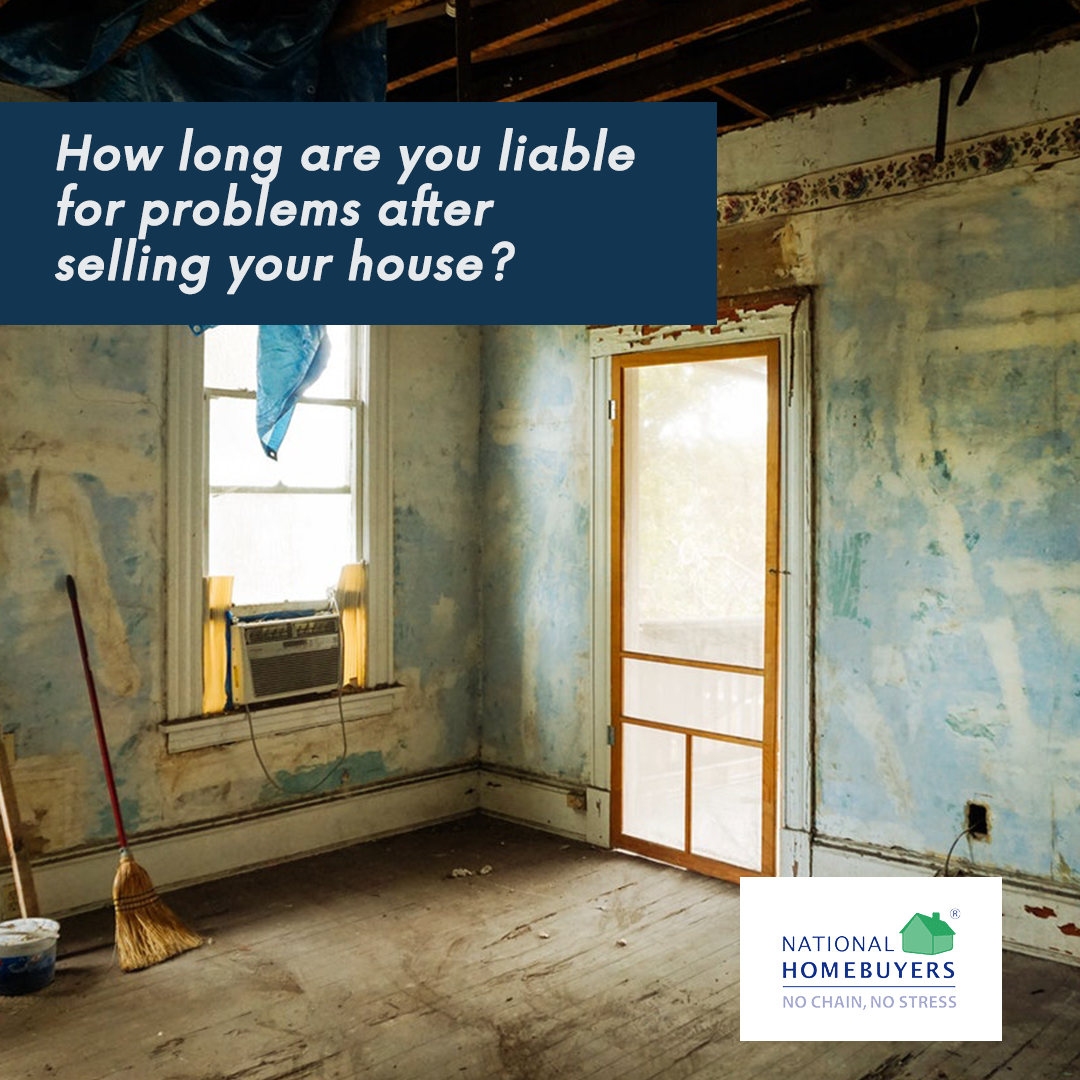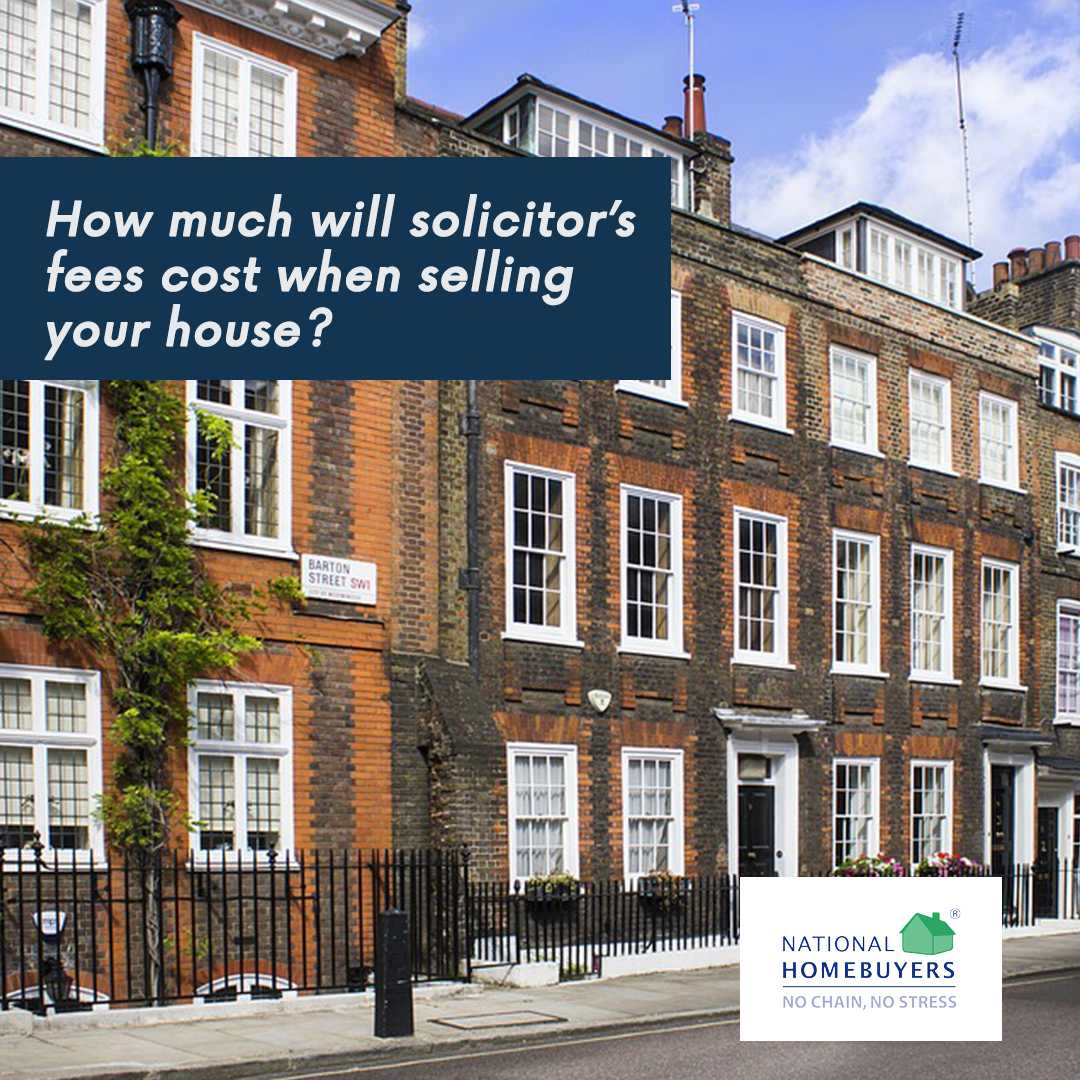Are the lessons of the past being ignored?
In an effort to boost house sales, Barclays has launched a 100% ‘Springboard mortgage’. It seems a great deal for first-time buyers – but is it simply a case of déja vu from the days before the recession?
In the midst of the recession during the last decade, it slowly became clear that many product mortgages were being sold to those who clearly would not be able to afford the repayments. It was also clear the amount needed to be repaid to lenders was vastly overpriced, leaving many new homeowners in a state of negative equity when the value of property crashed in 2007.
In the aftermath, many of the large banks and industry regulating bodies triumphed the additional safeguards put in place to ensure that another recession of the same magnitude could never happen again. At the same time, politicians from various countries around the world rose up and promised to punish those who placed the public’s livelihood at risk – a move which resulted in very few criminal convictions, and a number of banks being fined for amounts that when compared to annual profits would be considered petty cash.
With the property market all but recovered, we are now lucky to live in a world where such financial atrocities and irresponsible lending are a thing of the past, and where banks take a much more responsible position in relation to safeguarding the wellbeing of the UK property market.
Of course, we all know that’s not true. Enter Barclays, and their 100% mortgage.
For those struggling to raise the necessary deposit to purchase a home, particularly first-time buyers, this news is marvellous. No down-payment, and a reasonable fixed rate of 2.99% is a dream quote for many – but is this just rehashing the past and making the same mistakes again?
To be fair, Barclays are making the mortgages available on condition that a family member can provide a cash contribution of 10%. However, whereas in 2013 Barclays asked for a 10% deposit from family members (that could be claimed back after three years), it also required a 5% contribution from the buyers themselves – providing reasonable protection for the purchase. With the new ‘Springboard’ mortgage, on the other hand, that 5% buyer input has been removed – making the mortgage attractive to those who have never proven themselves to be financially savvy – and who may not be a position to budget correctly for mortgage repayments in the future.
And therein lies the problem. It is important to remember that in the early days of the recession, almost a thousand buyers were losing their home and deposit every week due to their inability to afford the necessary repayments. Moreover, the new mortgage system places much of the risk on the family member who provides the 10% down-payment, facing a huge financial loss if the buyer fails to meet their monthly fees.
While this mortgage is clearly marketed with the purpose of reinvigorating an increasing quiet market, many UK property selling experts are urging caution to prevent another economic downturn which would affect both buyers and sellers alike. And despite the market being quiet, there are still options for those looking for a fast house sale without waiting for a buyer to complete their mortgage application, such as property buying companies who will buy any home for cash without incurring estate agency fees.
Are you struggling to find buyers? Why not ask National Homebuyers for advice, as we buy any house. Call 08000 443 911 or request a call back to find out how much you could get for your property





